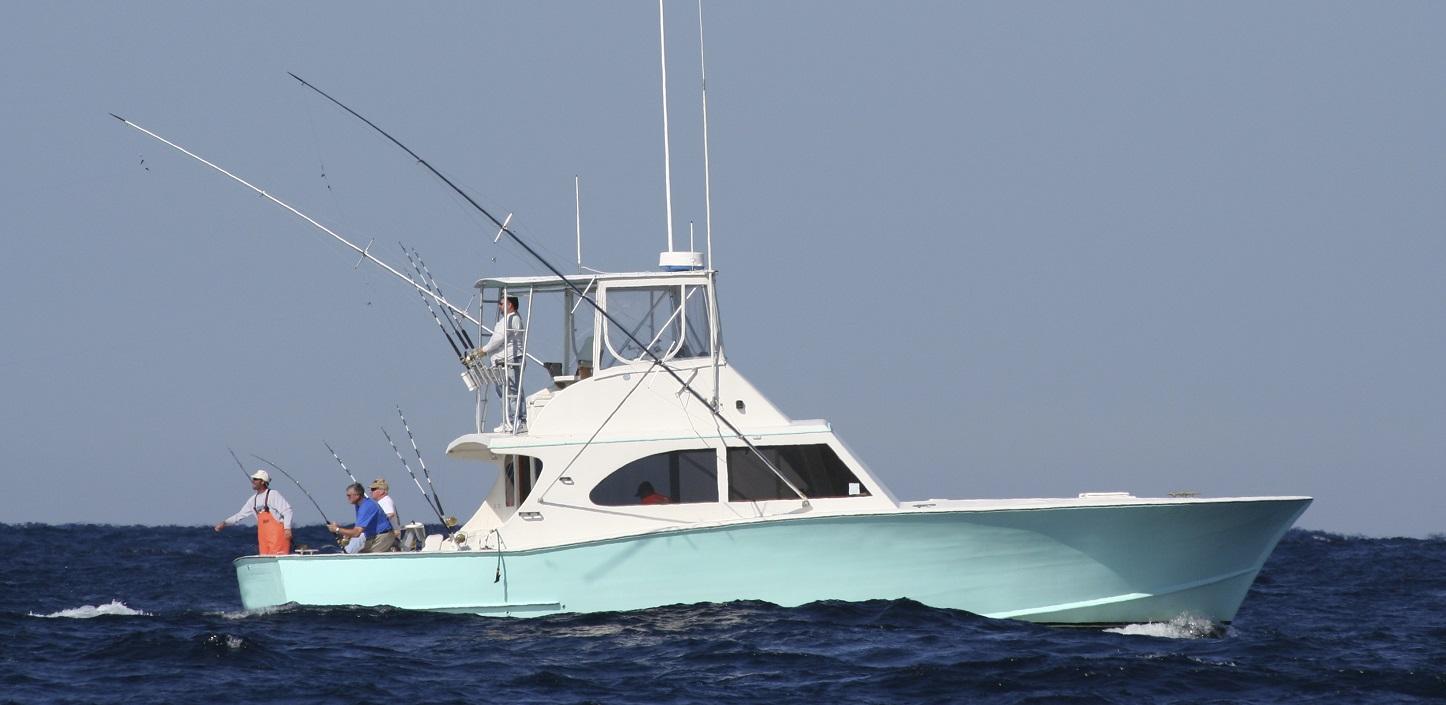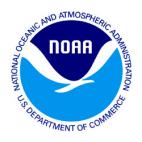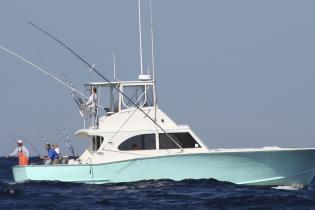
The Vessel Strike Avoidance Fund seeks to support the development and adoption of innovative technology solutions to provide mariners with tools to more effectively avoid collisions (vessel strikes) with large whales and benefit conservation of critically endangered North Atlantic right whales and other cetacean species. The program is a partnership between NFWF and the National Oceanic and Atmospheric Administration and focuses primarily on the Atlantic Coast, the range of the right whale.
Partner
The North Atlantic right whale is an endangered species, and vessel strikes are one of the major human-induced threats to their continued health and ability to recover. The whales’ habitat and migration routes are dynamic but overlap with major ports, shipping lanes and areas of heavy recreational boating use along the Atlantic coastline, making right whales vulnerable to collisions with vessels that are often fatal. Generally, the faster a vessel is traveling when it hits a whale, the higher the likelihood of serious injury or death.
Current measures require most vessels over 65 feet to adhere to speed restrictions within designated seasonal areas where right whales are likely to be present. Temporary voluntary measures are also declared when right whales have been observed in areas where mandatory measures are not in place. Despite these measures, strikes from vessels of nearly all sizes continue to negatively impact the species. While slowing vessel speeds can be an effective means to reduce vessel strike threats, slow speed measures alone cannot fully resolve these issues, and speed restriction measures come with some impacts on commercial and recreational use of coastal waters. The deployment of existing, in development, or future technologies, innovative tools, and engineering approaches may have the potential to decrease the likelihood of collisions with whales and help reduce operational impacts to vessels. The goal of the Vessel Strike Avoidance Fund is to accelerate the development and testing of technologies and innovations to help further right whale conservation and coexistence with humans.
| Program Fact Sheet | Download the PDF | |
| 2025 Grant Slate | Download the PDF |
Manager, Fisheries Conservation
Director, Marine and Coastal Conservation

